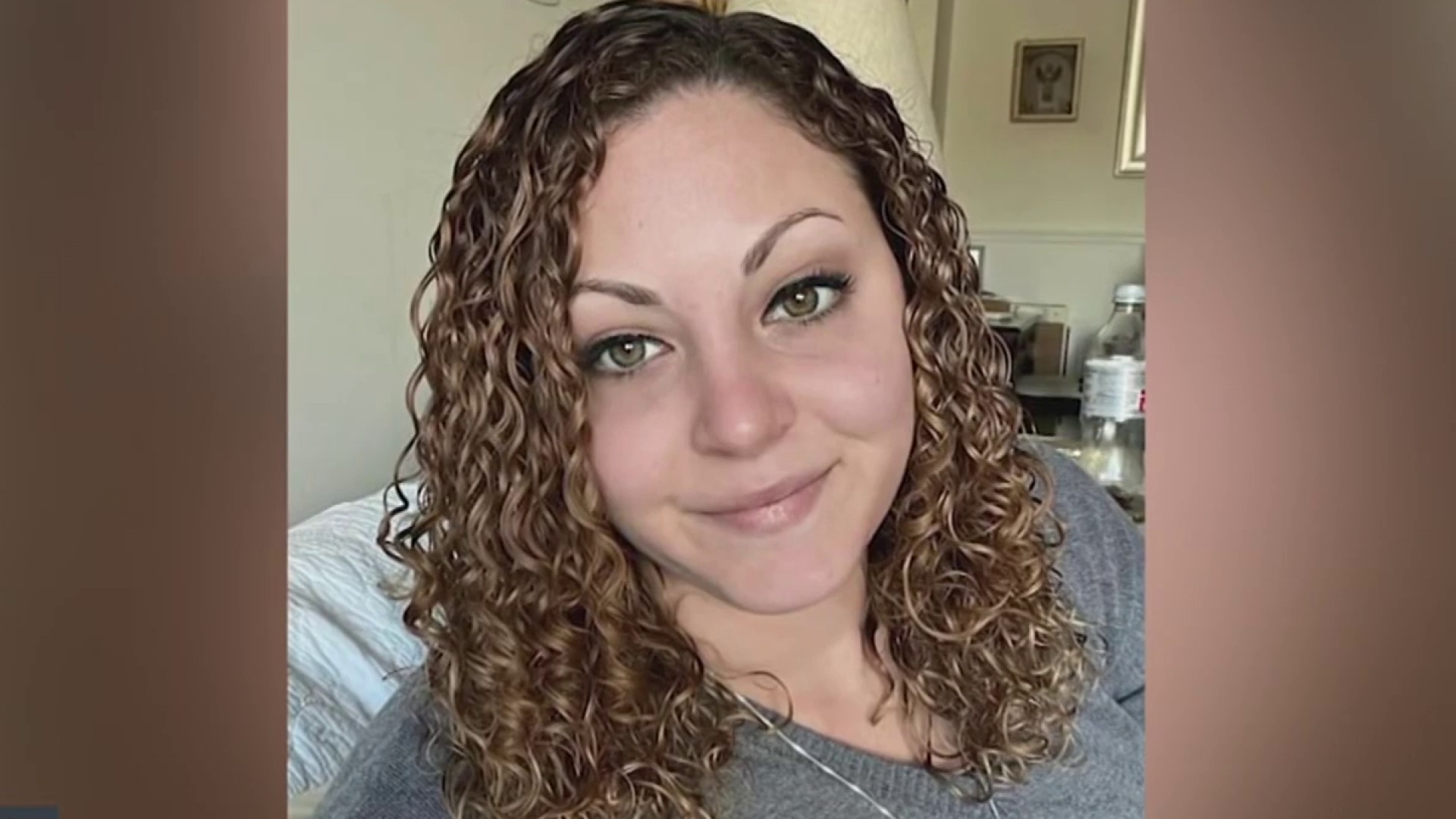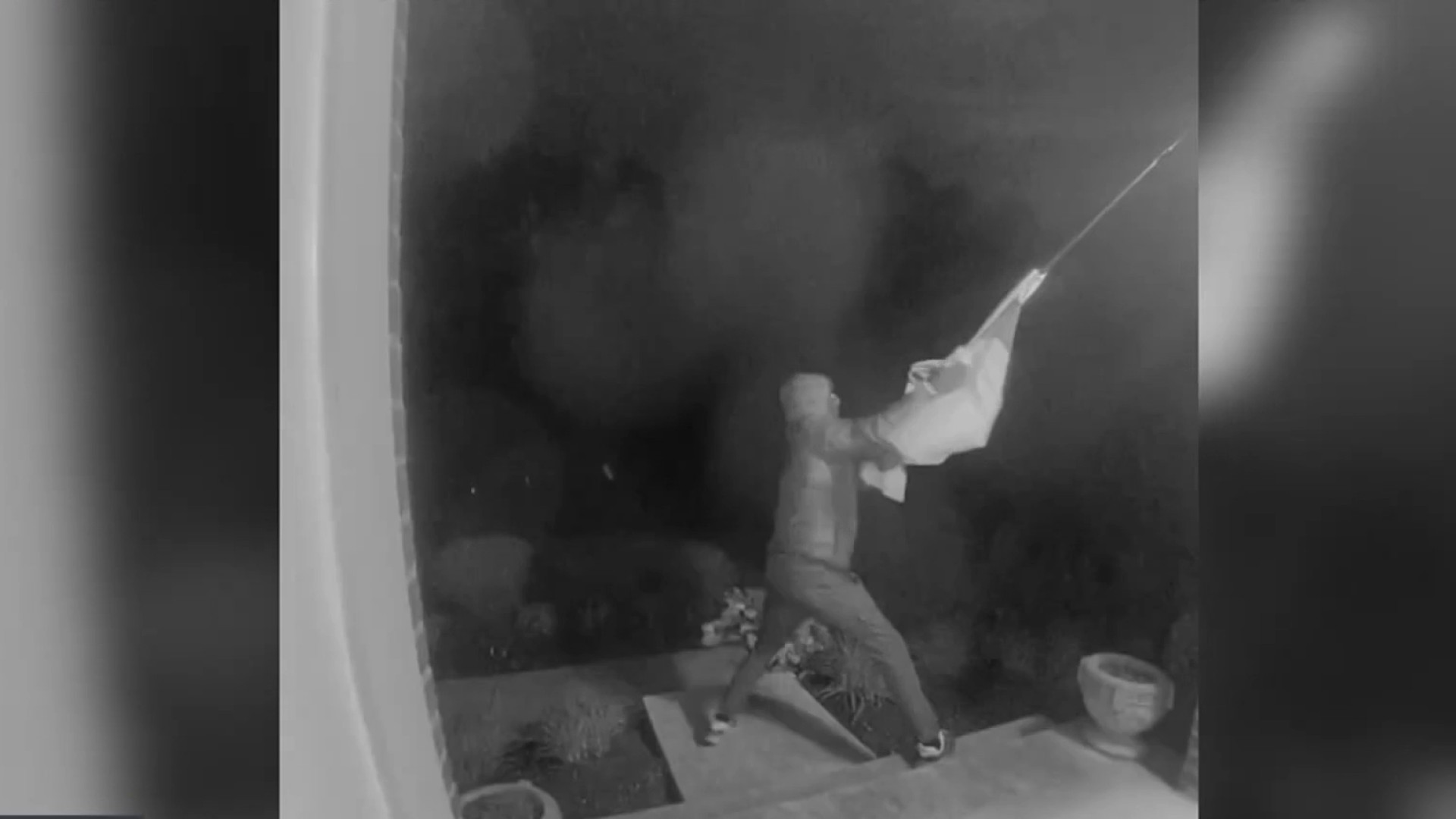Enjoying that tall, cool glass of carbamazepine?
You may not have to for much longer, as D.C. Council is considering a bill that would help stop prescription drugs from getting into the District's drinking water.
Council member David Catania wants to curb D.C.'s drinking problem. His bill would require the proper disposal of unused prescription drugs by creating drop-off and mail-in programs designed to keep them from being flushed down toilets, according to the Examiner. A plan would also be devised to make sure hospitals, nursing homes and pharmacies get rid of drugs safely.
The initiative comes after an eye-opening report by the Associated Press that showed how drugs are getting into our tap water. In D.C., the report was especially astonishing, as at least six drugs were found in a test: carbamazepine, caffeine, ibuprofen, monensin, naproxen and sulfamethoxazole.
So how should you dispose of prescription drugs? The White House says:
Do not flush prescription drugs down the toilet or drain unless the label or accompanying patient information specifically instructs you to do so. For information on drugs that should be flushed visit the FDA’s Web site.
To dispose of prescription drugs not labeled to be flushed, you may be able to take advantage of community drug take-back programs or other programs, such as household hazardous waste collection events, that collect drugs at a central location for proper disposal. Call your city or county government’s household trash and recycling service and ask if a drug take-back program is available in your community.
Local
Washington, D.C., Maryland and Virginia local news, events and information
If a drug take-back or collection program is not available:
1. Take your prescription drugs out of their original containers.
2. Mix drugs with an undesirable substance, such as cat litter or used coffee grounds.
3. Put this mixture into a disposable container with a lid, such as an empty margarine tub, or into a sealable bag.
4. Conceal or remove any personal information, including Rx number, on the empty containers by covering it with black permanent marker or duct tape, or by scratching it off.
5. Place the sealed container with the mixture, and the empty drug containers, in the trash.
And speaking of water issues, citizens in the District of Columbia, Arlington County, Va., and Falls Church City, Va., (including portions of Fairfax County served by Falls Church City) may notice a slight difference in taste and smell in their drinking water through May 4, according to WASA.
That taste and odor is chlorine. During this one-month period, there will be a temporary change in the disinfectant added to drinking water at the water treatment plants. The disinfectant kills bacteria in the water and helps keep the pipes in the distribution system clean.
The temporary change in water chemistry will not affect the safety of water for drinking, according to WASA.



